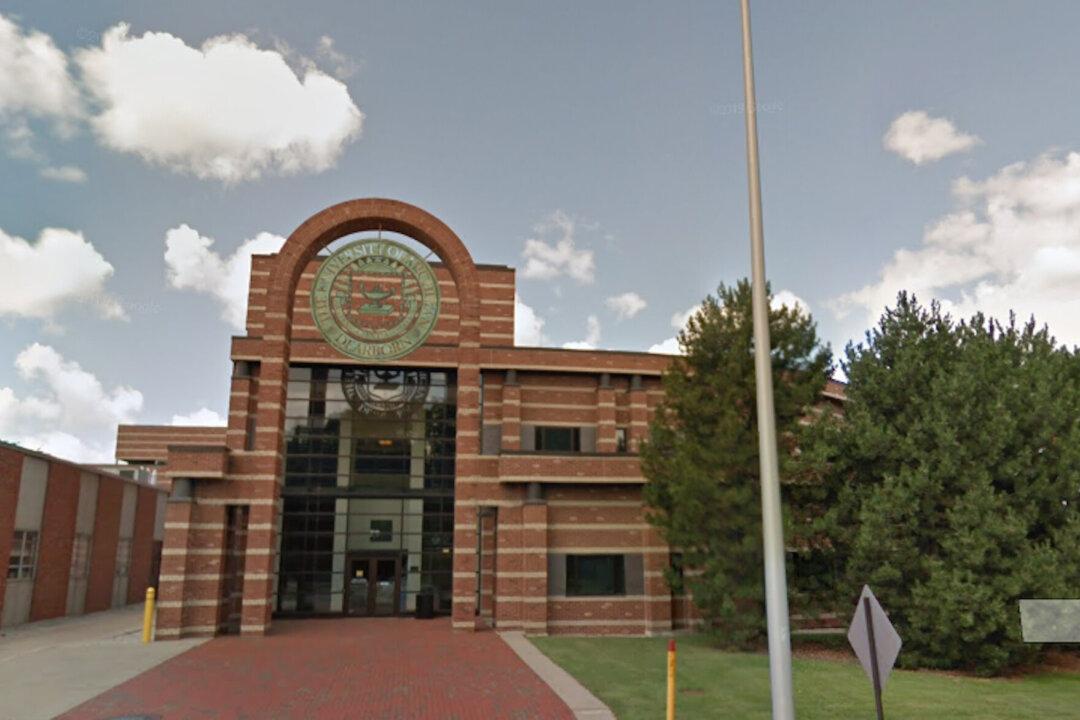The University of Michigan Dearborn issued an apology after its Center for Social Justice and Inclusion created segregated virtual events, one for white students and another for students of color.
The apology came after the university on Tuesday afternoon held two virtual cafe-style seminars, with one “non-POC Cafe” for “students who do not identify as persons of color” to “gather and discuss their experience as students on campus and as non-POC in the world.”





